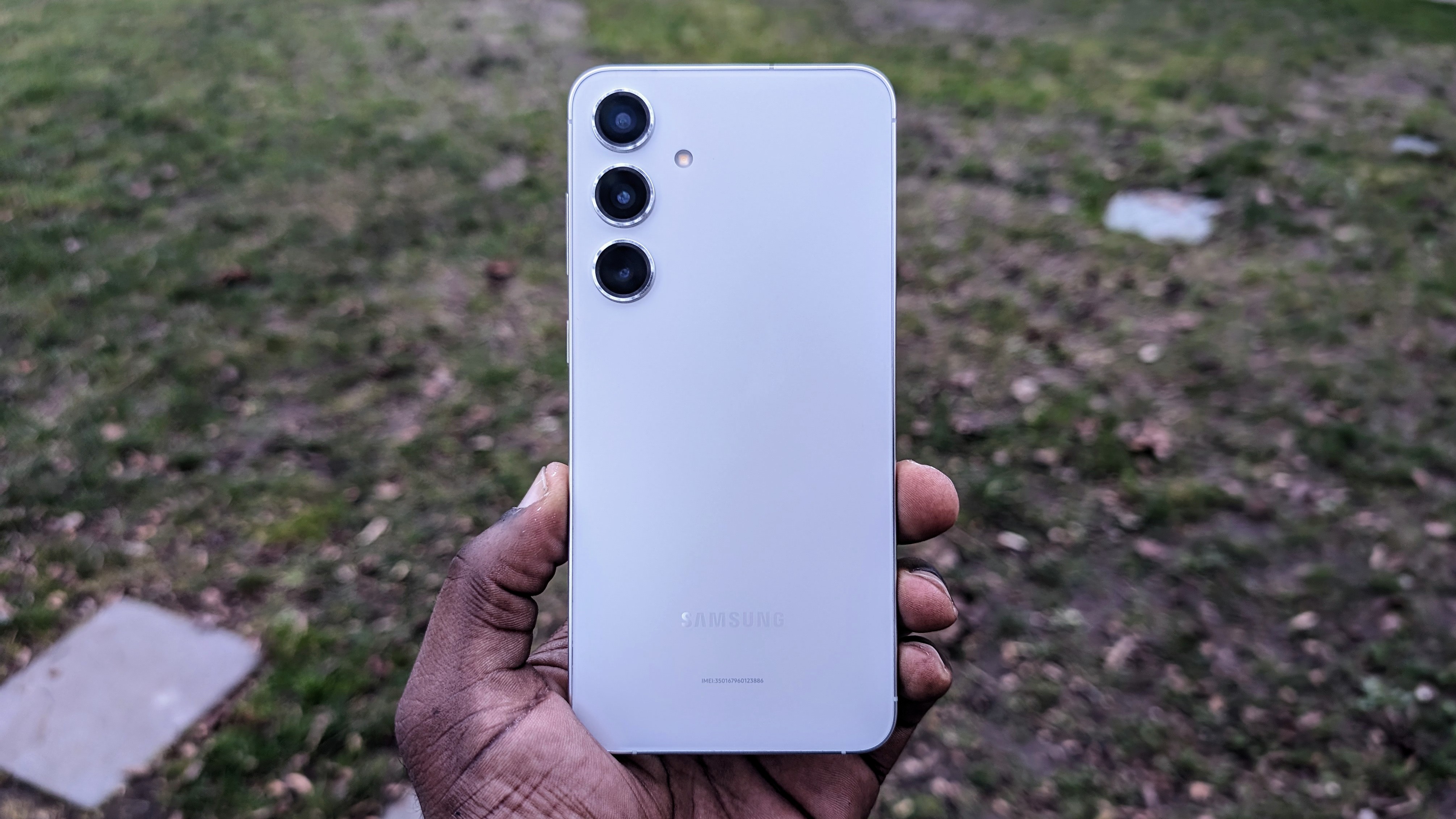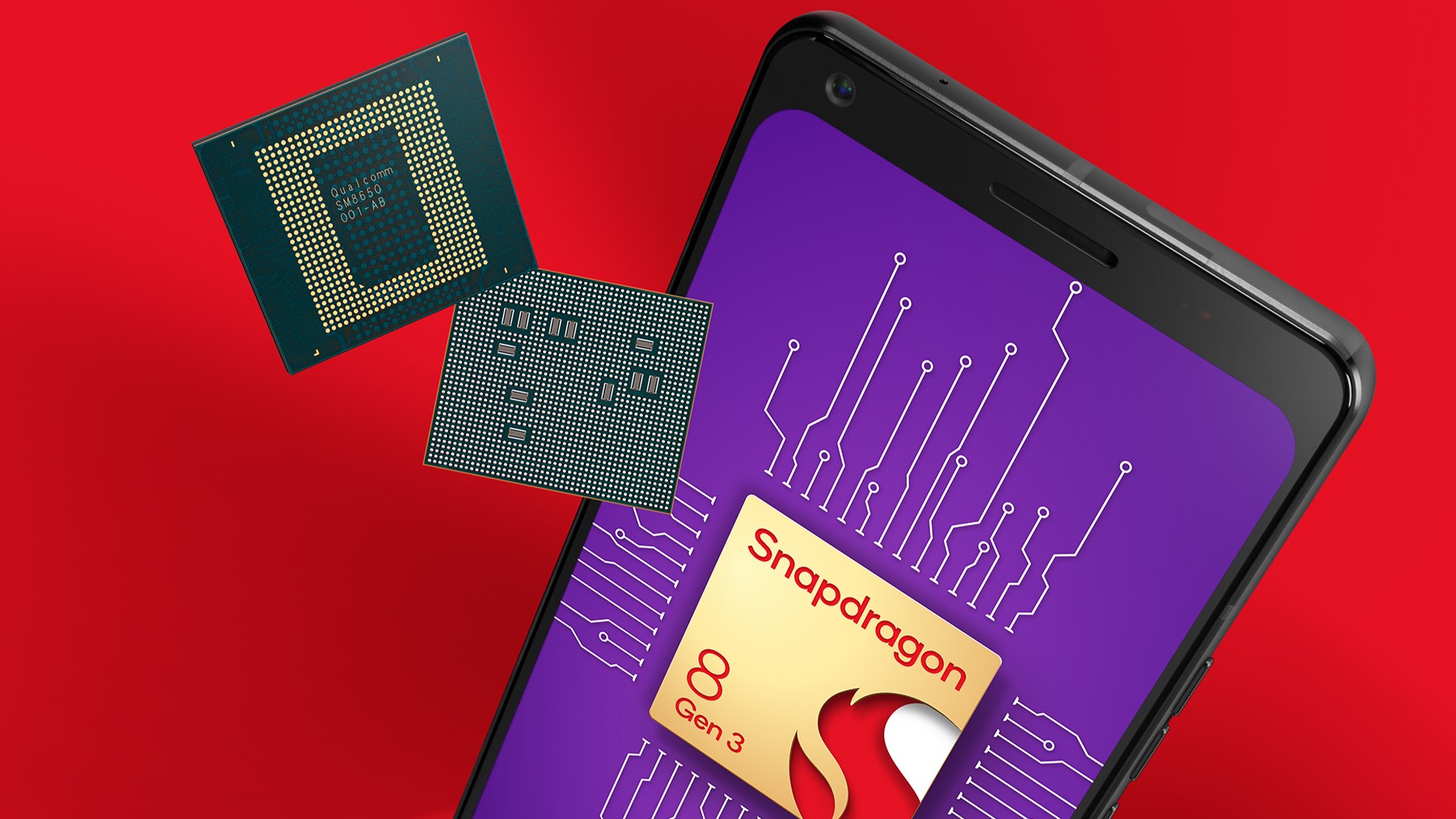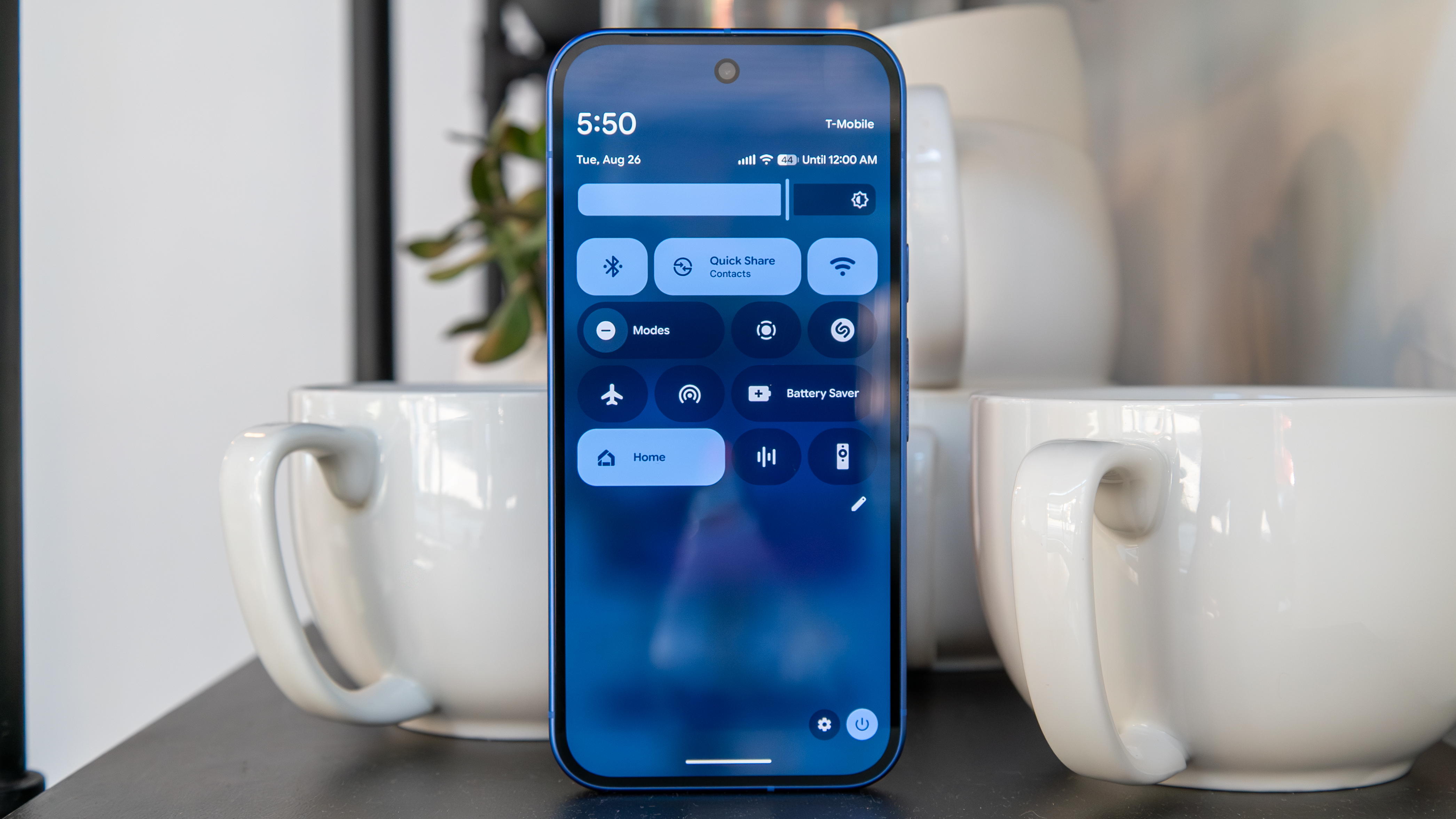Samsung may help Qualcomm with next-gen 2nm chip
Qualcomm also contacted TSMC to do the same.

What you need to know
- A report states Qualcomm has tapped Samsung and TSMC to create a prototype AP unit running on their new respective 2nm process.
- During this time, whichever company produces the best prototypes will be granted the opportunity to mass-produce the unit for Qualcomm's next Snapdragon 8 series chip.
- Samsung states its 2nm process improves performance by 12% and power efficiency by 25% and expects to mass-produce it in 2025.
As Samsung advances its technology for next-gen Android phone chips, Qualcomm has expressed its interest.
According to EtNews (Korean), Qualcomm has contacted Samsung about using its 2nm process technology to develop a new AP. The publication adds Samsung has specifically decided to create a prototype AP unit for Qualcomm, and there's speculation this could be the next entry into the Snapdragon 8 series.
While Qualcomm typically bases its Snapdragon chips on the 4nm process, the 2nm process was recently said to improve performance by 12% and power efficiency by 25%. However, the report states there are concerns about the performance and yield potential of the 2nm process.
Moreover, Qualcomm isn't putting all its eggs in one basket, as the company has also tapped TSMC to prototype an AP unit using a 2nm process. The prototyping phase will let Qualcomm see how each company's unit operates performance-wise, plus its estimated yield.
EtNews states Qualcomm will decide which company will mass-produce its new AP based on those factors. The process is expected to take "six months to a year."

In Samsung's detailed plans to produce better mobile chips, the company stated its 2nm process would also shrink chip size by 5% in addition to performance enhancements. The Korean OEM also said it plans to mass produce its version of the new technology in 2025 when TSMC is expected to do the same.
Both companies are jarring for the chance to mass-produce the 2nm process for Qualcomm's Snapdragon 8 Gen 5.
Get the latest news from Android Central, your trusted companion in the world of Android
Meanwhile, rumors suggest Qualcomm will tap TSMC to produce its Snapdragon 8 Gen 4 this year. The chip will be produced on the company's 3nm process, which allegedly surpasses a score of 10,000 on the Geekbench 6 multi-core test. Rumors continued to state the chip could also pick up the Adreno 830 GPU.
A leak from early February purported the SD 8 Gen 4 could clock a speed of 4.0GHz. If true, that could beat Qualcomm's SD Gen 3, which launched late last year. More importantly, to achieve such a speed, it's speculated the company has opted for Oryon or Phoenix cores. Qualcomm isn't expected to launch its new chip until fall 2024.

Nickolas is always excited about tech and getting his hands on it. Writing for him can vary from delivering the latest tech story to scribbling in his journal. When Nickolas isn't hitting a story, he's often grinding away at a game or chilling with a book in his hand.
